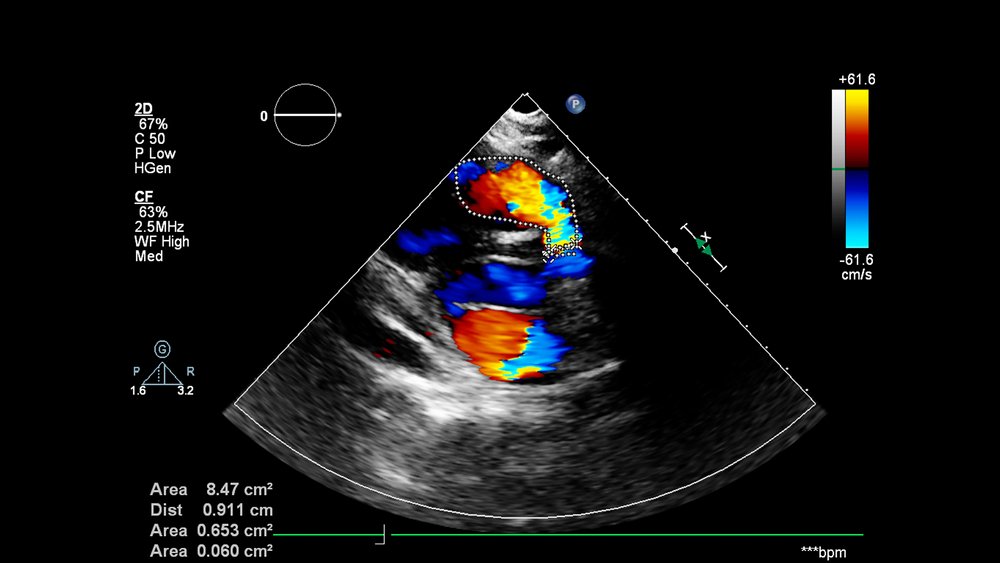
Doppler studies, also known as Doppler ultrasound, are a non-invasive prenatal diagnostic tool used to assess blood flow in the fetus and placenta during pregnancy. While Doppler is not directly a treatment itself, it plays a crucial role in monitoring fetal well-being and informing treatment decisions in various situations.
Understanding Doppler studies in fetal treatments:
- Monitoring blood flow: Doppler measures the speed and direction of blood flow in the umbilical cord, fetal brain, and uterine arteries. This information helps healthcare professionals assess the baby’s growth, oxygen supply, and potential risks like preeclampsia, growth restriction, and anemia.
- Early detection of problems: Abnormal blood flow patterns can indicate potential issues like restricted blood flow to the baby or placental insufficiency. Early detection allows for timely intervention, which can significantly improve outcomes.
- Guiding treatment decisions: Based on Doppler findings, doctors can make informed decisions about various treatment options, including:
- Increased monitoring: More frequent ultrasounds or additional tests to closely track the baby’s condition.
- Dietary changes: Adjusting the mother’s diet to improve nutrient intake for the baby.
- Medication: Administering medications to manage conditions like preeclampsia or anemia.
- Delivery timing: Deciding on the optimal time for delivery based on the baby’s health and potential risks of continuing the pregnancy.
Limitations and ethical considerations:
- While Doppler is valuable, it’s important to understand its limitations. Abnormal findings don’t always guarantee problems, and further investigation might be needed.
- Overuse of Doppler, especially in low-risk pregnancies, may lead to unnecessary interventions and anxieties.
- Ethical considerations around decision-making based on Doppler findings, particularly concerning potential termination, need careful evaluation.
- Overall, Doppler studies are a valuable tool in fetal medicine, but it’s crucial to view them as part of a comprehensive approach to prenatal care and treatment decisions.
Disclaimer: This information is for educational purposes only and should not be interpreted as medical advice. Please consult with a qualified healthcare professional for any concerns regarding your pregnancy or fetal health.


